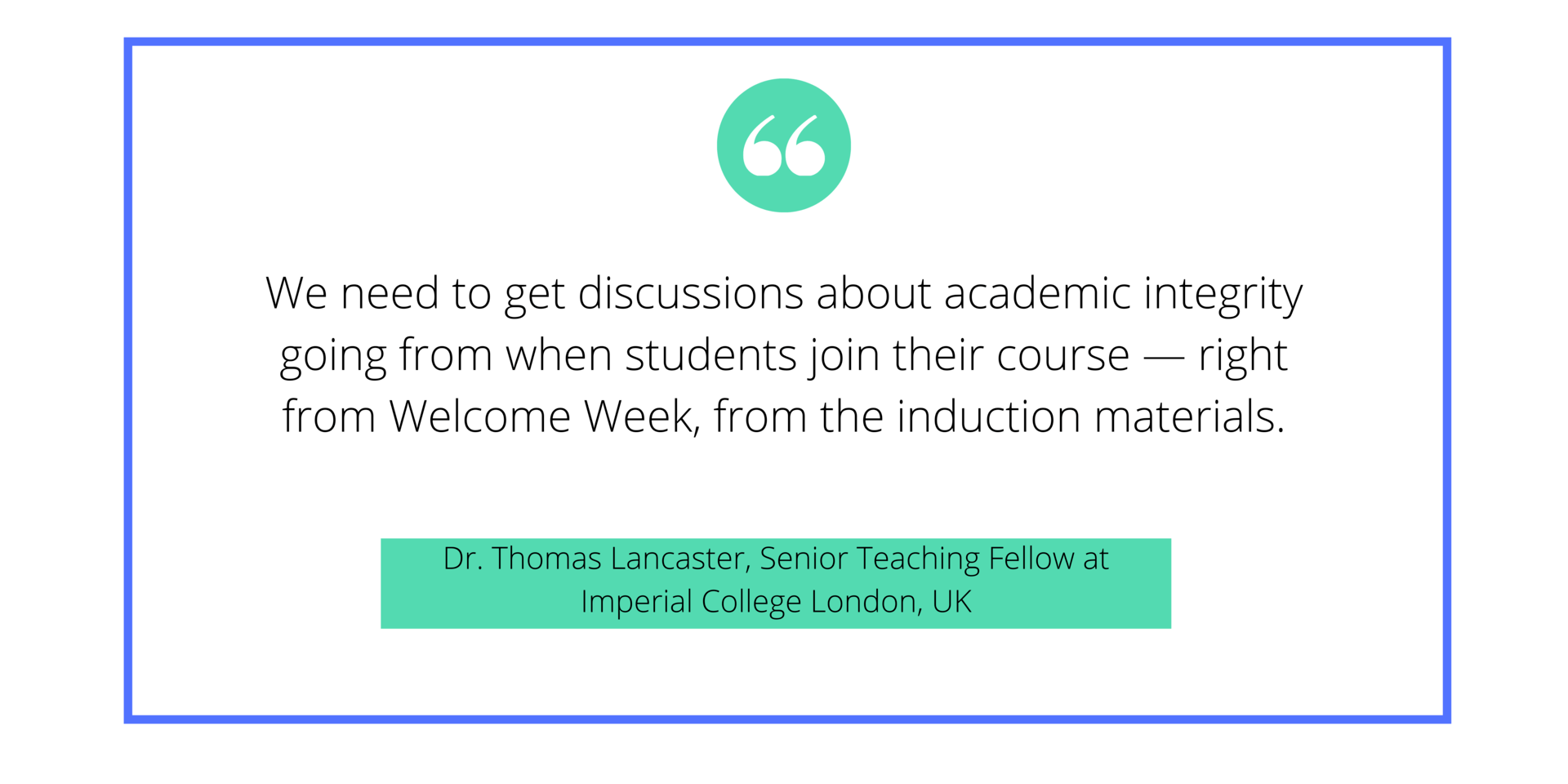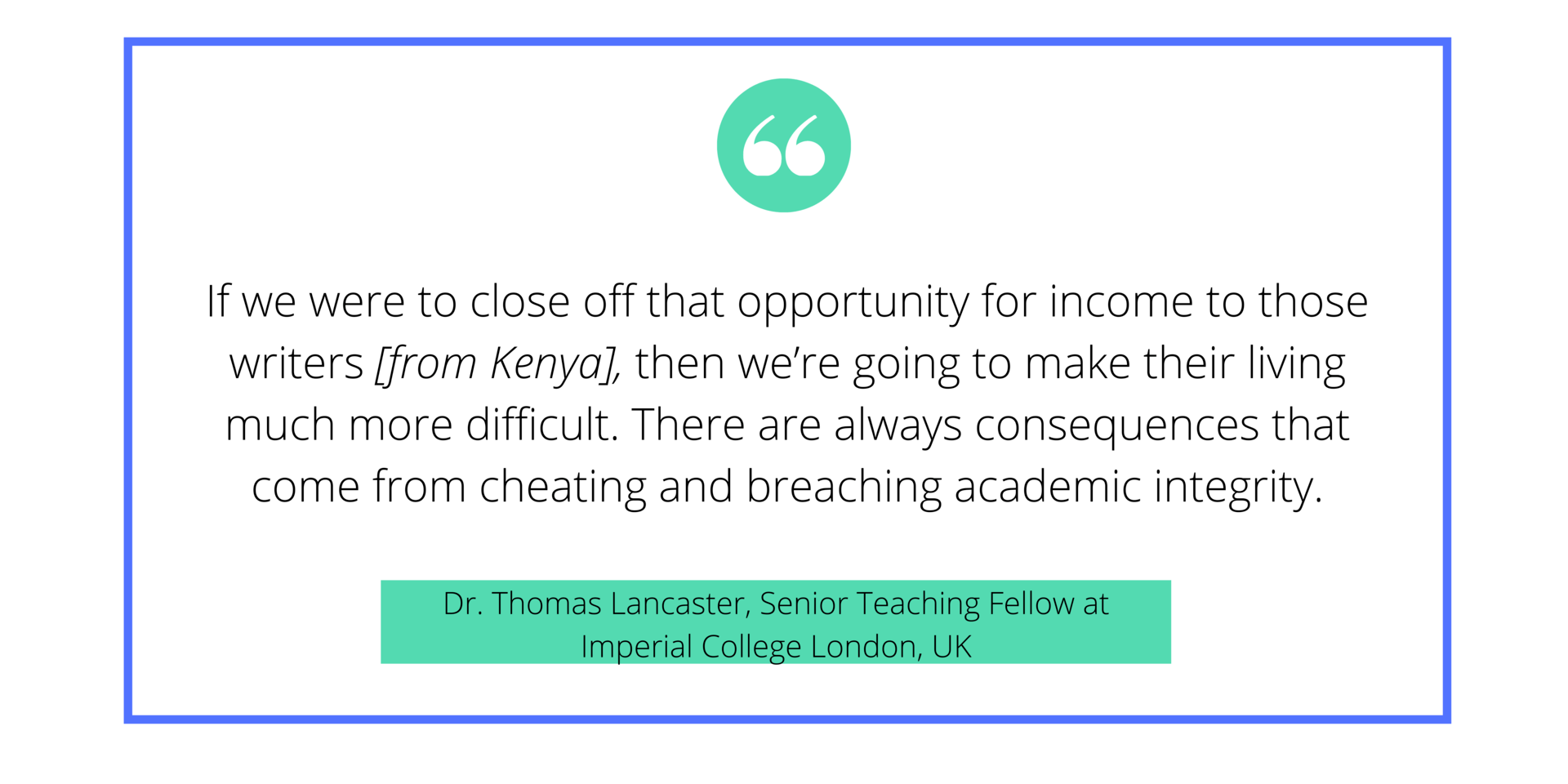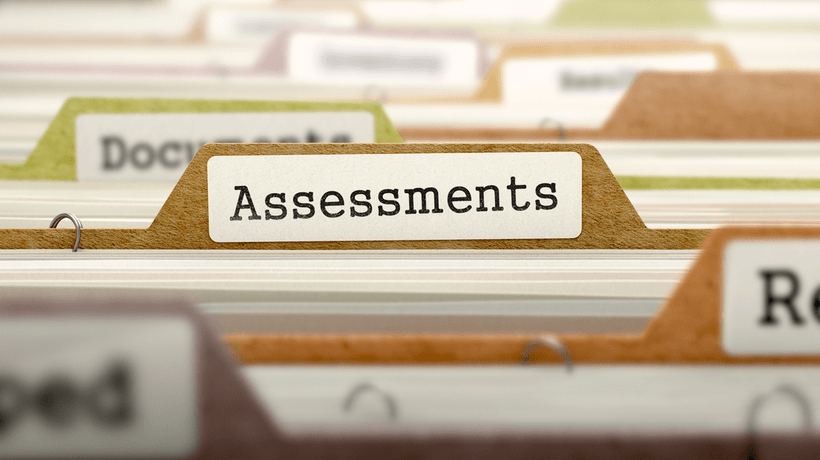Academic Dishonesty And Ways To Tackle It
Exam cheating is as ancient a practice as education itself. Back in ancient China, cheating on the Imperial exams was a serious offense. And yet a Qing dynasty cheatsheet—in the shape of a handkerchief with 10,000 symbols in microscopic writing—is on display at the Minneapolis Institute of Arts, showing that students have always been inclined to borrow knowledge and ideas.
Historically, students could attempt to use their own handwriting as false proof of originality, but now the digital age has changed that. Academic misconduct has become more diversified and difficult to identify than ever. With new digital tools [1] at their disposal, teachers were holding the fort, but the coronavirus pandemic quickly shaped a new reality in 2020.
For many students around the world, distance learning is currently the only option available. Schools and universities are putting a lot of effort into maintaining the highest standards of teaching and helping their staff and student body adapt to the "new normal." However, academic integrity is critical for a healthy learning process, and no compromises should be made here.
The Novelties In Teaching And Cheating
Besides causing a lot of stress, the almost ubiquitous switch to distance learning brought about some technological advancements. Teachers are not limited to the physically available printed materials, they can use more immersive visual aids, online plagiarism detection, and certain aspects of assessing and grading students’ work can be automated.
The list of distance learning software is practically endless: Zoom, Google Meet, or ezTalks to create a virtual classroom; Trello or Squigl to organize learning materials; Canvas or Schoology for assignments and tracking; and Gradescope for assessment.
Unfortunately, it’s common for students to misbehave in the absence of a teacher, and this is especially true for distance learning. Even though the added stress of studying from home may be partially to blame, the number of academic integrity violations is growing at a disturbing rate. According to research by MacEwan University [2], their students were 38% more mischievous during the second semester (starting in March 2020), compared to the previous academic year.
Universities worldwide are battling academic dishonesty by implementing plagiarism detection software for coursework assessment and remote proctoring to ensure students use nothing but their own brains while taking online exams. But even with the AI-enabled proctoring systems in place, students find ways to circumvent the restrictions.
Some educators strongly believe that the problem is a lack of awareness about the importance of academic integrity among students.
Dr. Irene Glendinning, academic manager for student experience at Coventry University, said in a recent interview:
We are busy strengthening the provision of good quality educational materials about academic integrity, academic study and writing skills to ensure all students understand their obligations and our expectations.
Dr. Thomas Lancaster, senior teaching fellow at Imperial College London, UK, believes that the dialogue on academic integrity needs an early start.

Mr. Lancaster has seen students cheat by consulting with their counterparts in real-time during exams, as well as resorting to different forms of online plagiarism. In his opinion, teachers need to pay more attention to students’ mental health, engage in communication, and hear their voices in order to better understand and address the causes of the problem.
With less personal attention from a teacher, students are more likely to turn to online plagiarism, collude on copying test answers, and employ others to create coursework for them. The latter academic dishonesty practice, called contract cheating, saw a scary 10x increase factor [3] in the 2019/20 academic year at MacEwan, in contrast to the year before. That increase contributed to the number of academic misconduct hearings doubling.
Contract Cheating—"A Plague On Both Your Houses"
Contract cheating stands out among the academic dishonesty species for one simple reason: detecting it can be a real challenge. Its creation involves not only the work of a single living human author, but fuels a massive industry. The high demand for contract cheating gave birth to an entire outsourced job market. In this article [4] by Dr. Thomas Lancaster, he pinpoints Kenya as one of the hotspots of the essay mill niche.
According to Dr. Thomas Lancaster, prohibiting the use of such services would lead to another ethical issue.

However, software capable of deeper stylistic and linguistic analysis to catch such academic dishonesty as contract cheating does exist. AI-driven assistants can be a good solution for educational institutions who are fighting contract cheating. With their advanced authorship verification algorithms, these tools constantly learn to better recognize students’ unique styles based on their original writings (by applying stylometry techniques).
Given how detrimental it is to students’ learning process and how difficult it is for the teachers to identify, contract cheating is one of the most harmful forms of academic misconduct. But instead of focusing on a single threat, a comprehensive strategy must address other problematic areas equally.
5 Ways To Manage Academic Dishonesty
A balanced approach cannot be based exclusively on control and punishment for academic integrity violation. Here are 5 steps that can be taken so that students abandon cheating and start moving toward a better education using distance learning.
1. Raise Awareness Of Academic Integrity Early On
Most students only become concerned with the issue of academic integrity during their post-secondary education. Providing information on the importance of this principle, both in high schools and in their very first days at a university, is crucial. Students need to be engaged in a dialogue that will help them build a moral code as early as possible.
2. Employ AI Technology To Control Contract Cheating
By utilizing the power of machine learning to detect plagiarism and verify authorship, advanced plagiarism checkers take the burden off teachers’ shoulders and help students build a sense of responsibility while searching for their own creative voice. Such EdTech solutions are not the universal antidote to academic dishonesty, but they are absolutely indispensable as building blocks for an ecosystem where academic integrity can thrive.
3. Use Remote Proctoring Software (With Care)
The need for effective oversight of online exams is entirely valid, but so are the privacy concerns voiced by the students. A remote proctoring program prevents students from switching to other windows except for the one with the test while providing (mostly AI-assisted) video surveillance. Using such systems can be a huge help for educational institutions, but who has access to this personal data, how can it be used and protected?
Another problem is that students are often not allowed to leave the room for the length of the exam. Addressing these concerns is an absolute must.
4. Take Legal Action To Ban Essay Mills
Today, swarms of “ghostwriters” advertise their services on various websites. As long as this remains legal, students will continue to pay for the fruits of other people’s labor instead of actually learning.
5. Make Changes To The Way We Teach And Grade
In these extraordinary times, we need to come up with unorthodox measures. Our education system has to quickly evolve, both in the methods of providing knowledge and assessing its reception by the student. When distance learning becomes more adaptive and personalized, and examinations more meaningful and transparent, there will be less room for cheating and academic integrity violation.
Conclusion
Are we going to witness the extinction of academic misconduct any time soon? Unlikely. But just like there will always be students who prefer shortcuts, there will also be those who pride in protecting academic integrity. We’re lucky to be living in a time when technology can help fight plagiarism.
The future of education—offline or online—is in our hands. Therefore, the next step should be taking control and helping enhance the system so that we can all enjoy its services in the new post-pandemic world.
References:
[1] How technology impacts all sides of education
[2] Cheating becoming an unexpected COVID-19 side effect for universities
[3] Cheating becoming an unexpected COVID-19 side effect for universities
[4] How Kenya Now Leads The World In Enabling Contract Cheating








